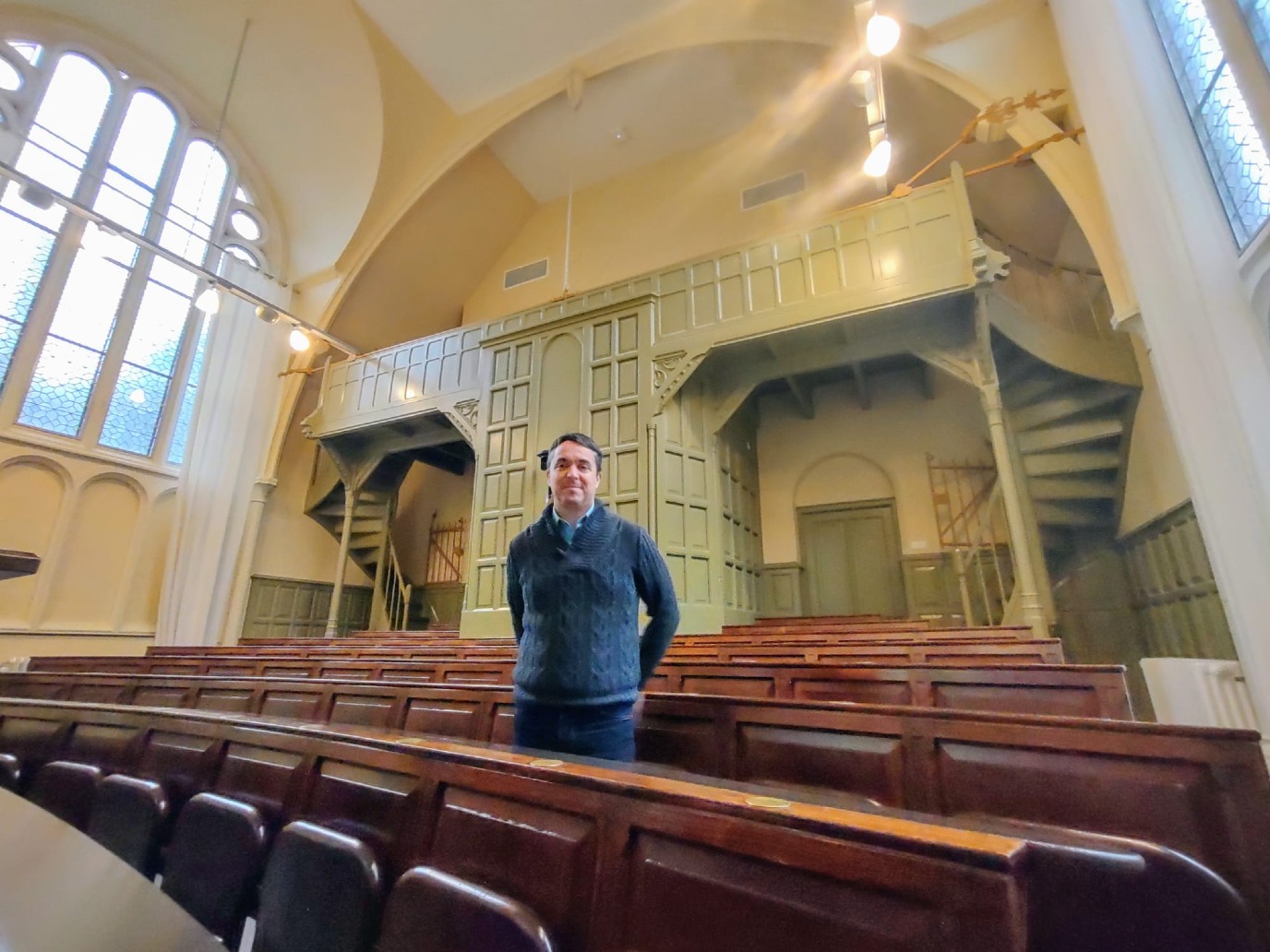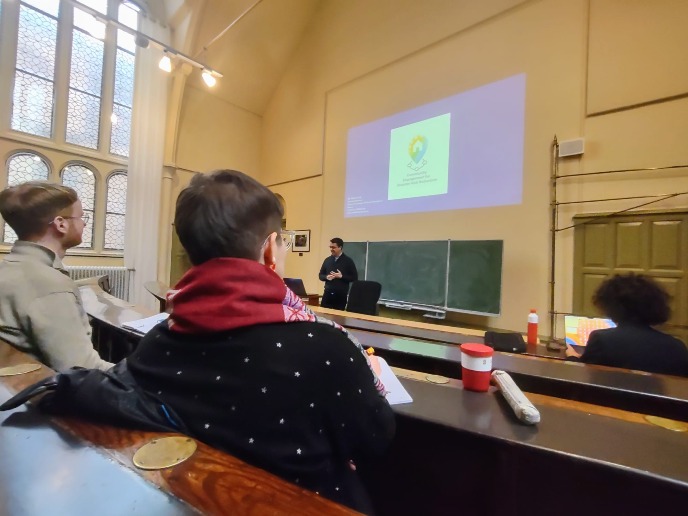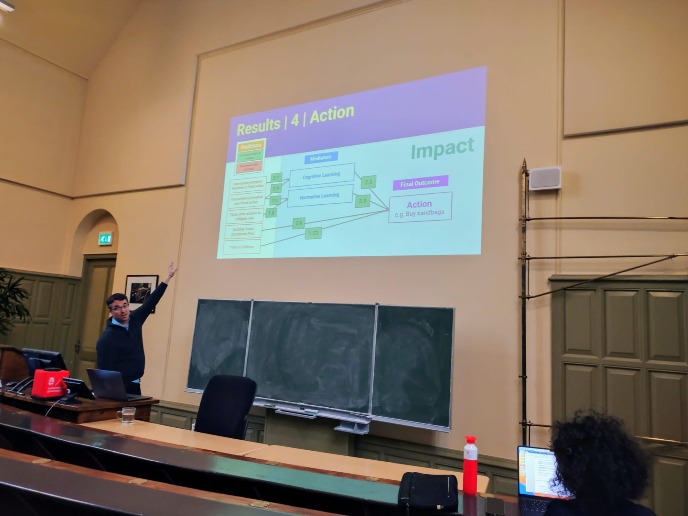dr. Brian Cook | Beyond leaflets: A dialogic approach to risk mitigation is more effective

Dr. Brian Cook from the University of Melbourne was in Groningen to share insights on risk mitigation at the household scale, on Friday 8 December 2023.
Focusing on Kingston, a district in Melbourne with many residences within the 1 in 100 chance of flooding, Dr. Cook raised important questions about public awareness, their actions, and the efficacy of traditional information dissemination.
Cook and his team of researchers are developing a new way of engaging with communities, with the aim of improving risk reduction behaviors through partnerships between emergency services, researchers, and the public.
More effective approaches
The widely known ‘deficit model,’ assuming that people will act ‘appropriately’ when given the right information, often translates into things like the distribution of pamphlets door-to-door.
According to Dr. Cook, this method proves to be ineffective. Merely acquiring knowledge and changing behavior are two entirely different challenges. In response, Dr. Cook initiated an extensive quantitative and qualitative study to develop more effective approaches.

1200 of conversations
In Cook’s research, a team of 'door knockers' was trained in conversational techniques, promoting a dialogue rather than a top-down explanation.
The 25 team members visited nearly 6,000 houses in Kingston, engaging residents in conversations about their experiences and supporting them as they contemplated the risks they face. The absence of a script allowed for flexibility, adhering to the principle that people enjoy discussing themselves, their perspectives, and capacities.
The conversations were recorded—totaling 1200 hours—and later transcribed for both quantitative and qualitative analysis, with the aim of measuring and analyzing the impacts of the engagements.
The findings were intriguing. When residents found the conversation enjoyable, they not only learned about flood= risks but also began contemplating other hazards, such as the prevalent wildfires in Australia. People appreciated being invited to think for themselves rather than having information dictated by an authority.

More cost-effective
Contrasting this approach with the more conventional distribution of leaflets, dr. Cook pointed out the limited impact of the latter.
During his research, leaflets with QR codes were distributed to houses where residents weren't available for conversations. Of the 10,000 distributed, only 27 bothered to visit the website for additional information.
Dr. Cook challenged the conventional belief in the cost-effectiveness of one-way ‘communications’, questioning the value of distributing leaflets that go unread.
The study's results suggest that engaging in meaningful conversations has a more significant impact on raising awareness and prompting behavioral change than conventional methods. It emphasizes the importance of involving communities actively in discussions about their risks, steering away from passive information dissemination.
More:
| Last modified: | 12 December 2023 4.03 p.m. |
More news
-
10 June 2024
Swarming around a skyscraper
Every two weeks, UG Makers puts the spotlight on a researcher who has created something tangible, ranging from homemade measuring equipment for academic research to small or larger products that can change our daily lives. That is how UG...
-
21 May 2024
Results of 2024 University elections
The votes have been counted and the results of the University elections are in!

